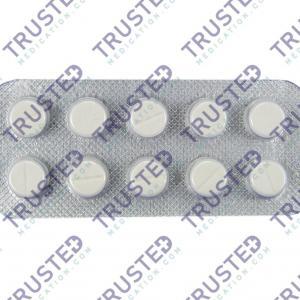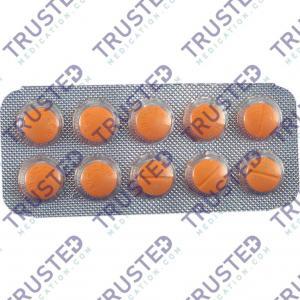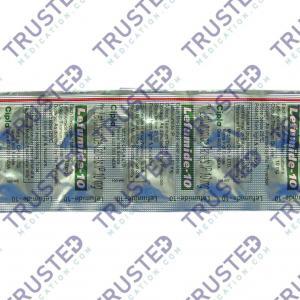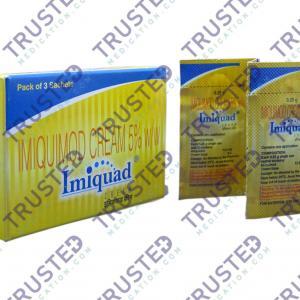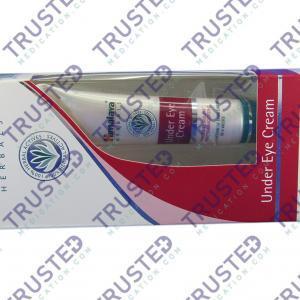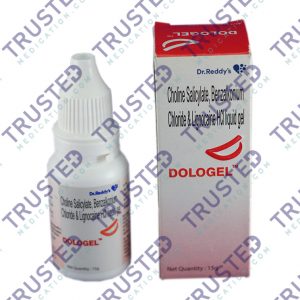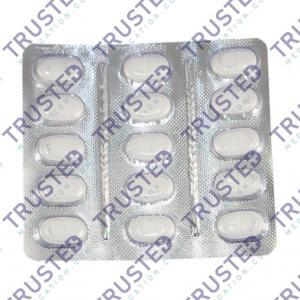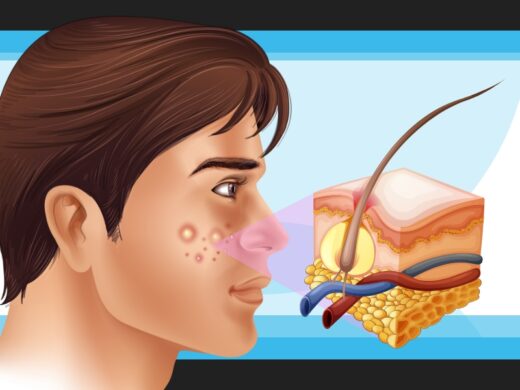
Many patients are surprised to discover they continue to have acne breakouts while they’re in their thirties or beyond. The truth of the matter is you can have acne at any age. Acne occurs most often during adolescence, but it’s common to experience problems throughout the rest of your life. You don’t have to face your acne alone, though.
What Are The Differences In Why Teens And Adults Get Acne?
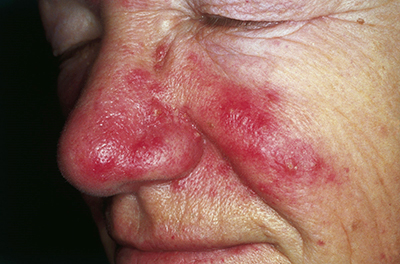
It’s no secret we expect teenagers to struggle with acne. Hormonal changes during puberty play a big role in causing breakouts.
Hormones known as androgens increase their levels during puberty. The main androgen for boys is testosterone; for girls, it’s progesterone. Androgens increase the size of oil-producing skin glands, and your skin produces more oil. If the oil passes through large pores, it’s likely to clog them, and then you develop the hallmark blemishes at that spot. Teens with acne tend to experience self-esteem issues at a time in their lives that can already be filled with social awkwardness. The psychological toll of acne among teens motivates us to use comprehensive, low-risk techniques to clear persistent acne in no time.
Acne in adults also occurs because of the excess production of skin oil. It’s unknown why certain adults continue to develop acne, but genetic factors seem to play a role. If your parents developed acne during adulthood, you’re more likely to develop acne during adulthood as well.
While teenage acne is primarily caused by an influx of hormones during puberty, hormone production stabilizes after puberty. Adult acne continues to occur, though mostly in women. Hormonal fluctuations during adulthood, such as pregnancy and menstruation, typically trigger acne. Many women with acne notice diminished outbreaks after menopause when estrogen and progesterone levels drop. Teens often develop acne around their cheeks and forehead; adults tend to develop acne on their chin and around the mouth. Certain medications, such as steroids, lithium, and phenobarbital, may also be at the root of adult acne.
Is There A Difference In The Type Of Pimples Teens And Adults Get?
One of the differences between adult acne and teen acne is the location where acne appears. In teenagers, it occurs on the face, chest, and back. For most teenagers, once their hormones level out, they will grow out of the acne breakouts.
Adults normally will see acne breakouts on their chin, nose, and around the mouth area. Skin cell turnover rates slow down as we age, making it more difficult to heal from breakouts than when we were younger. As adults, it is also a bit more challenging to treat acne due to skin sensitivities, dehydration, and pigmentation issues.
Does Acne Affect Teens And Adults Differently Mentally And Emotionally?

For many people with acne, the skin disease affects more than their appearance. Acne can take a toll on one’s emotional health. Researchers have found in study after study that people with acne can also develop the following:
- Depression
- Anxiety
- Low self-esteem
- Poor self-image
- Decreased quality of life
- A feeling of being all alone
Studies show that the longer acne lasts, the more likely it is to affect one’s emotions. Without treatment, acne can also worsen. If acne becomes severe, as it did for Jill, scars can appear as the acne clears.
Early treatment can prevent these problems. It can clear the skin and prevent acne from worsening. Some people need to continue treating their skin to prevent breakouts. For most people, that’s probably a lot easier for most people than dealing with emotional distress and permanent acne scars.
Prescriptions that can be used to manage acne:
- Azelaic Acid – is a cheaper antibacterial topical treatment for acne available in the market. Its active ingredient can effectively penetrate the skin where the bacteria inhibit. Works by stopping the growth of bacteria in the skin cells that cause acne. Azelaic Acid can stop producing acme-promoting fatty acids of the Propionibacterium acnes. These actions unblock the oil glands so that the acne dries up. Azelaic Acid has a keratolytic property that can stop the formation of keratinocytes and thickened skin cells. This cream’s combined keratolytic and antibacterial properties prevent acne outbursts and spreading.

